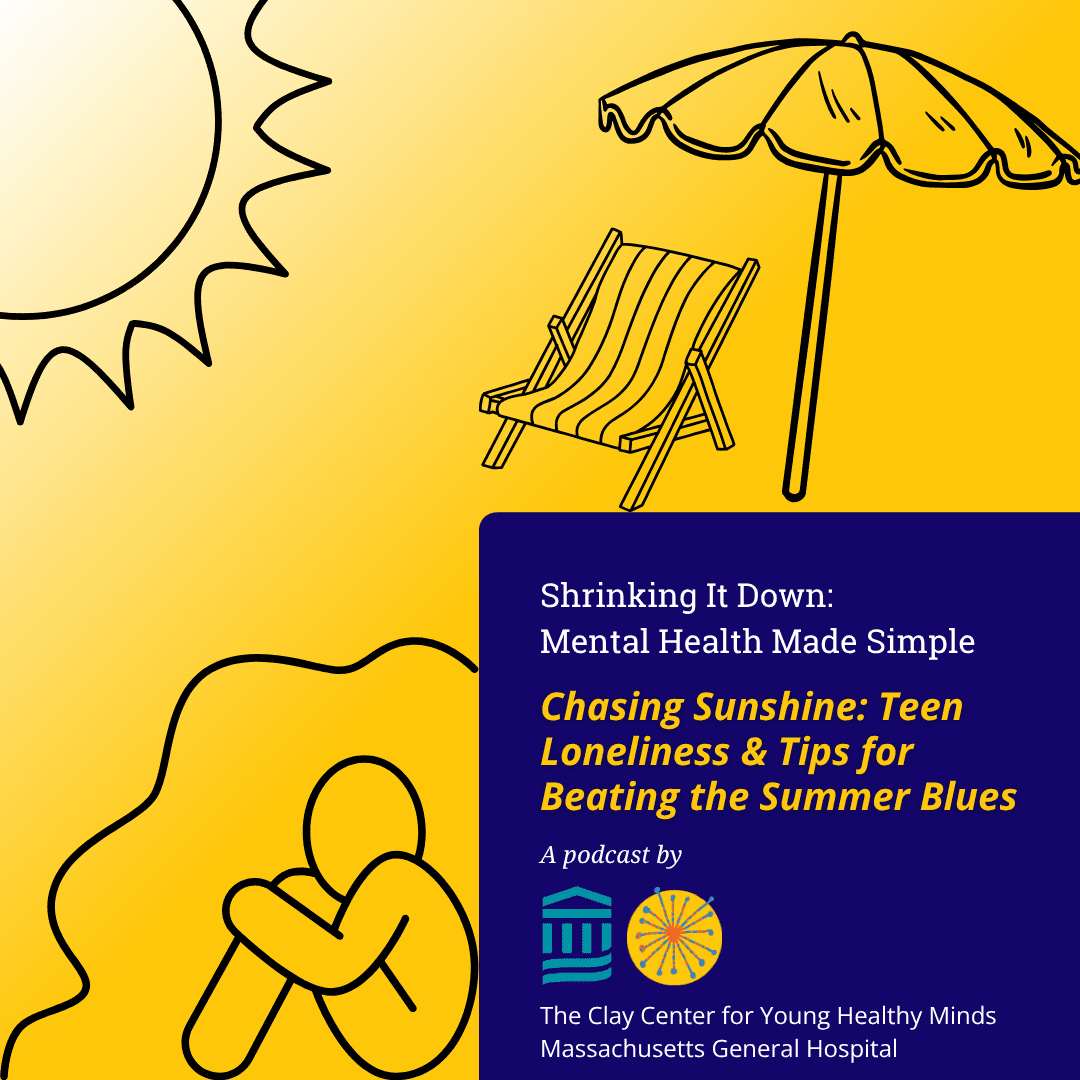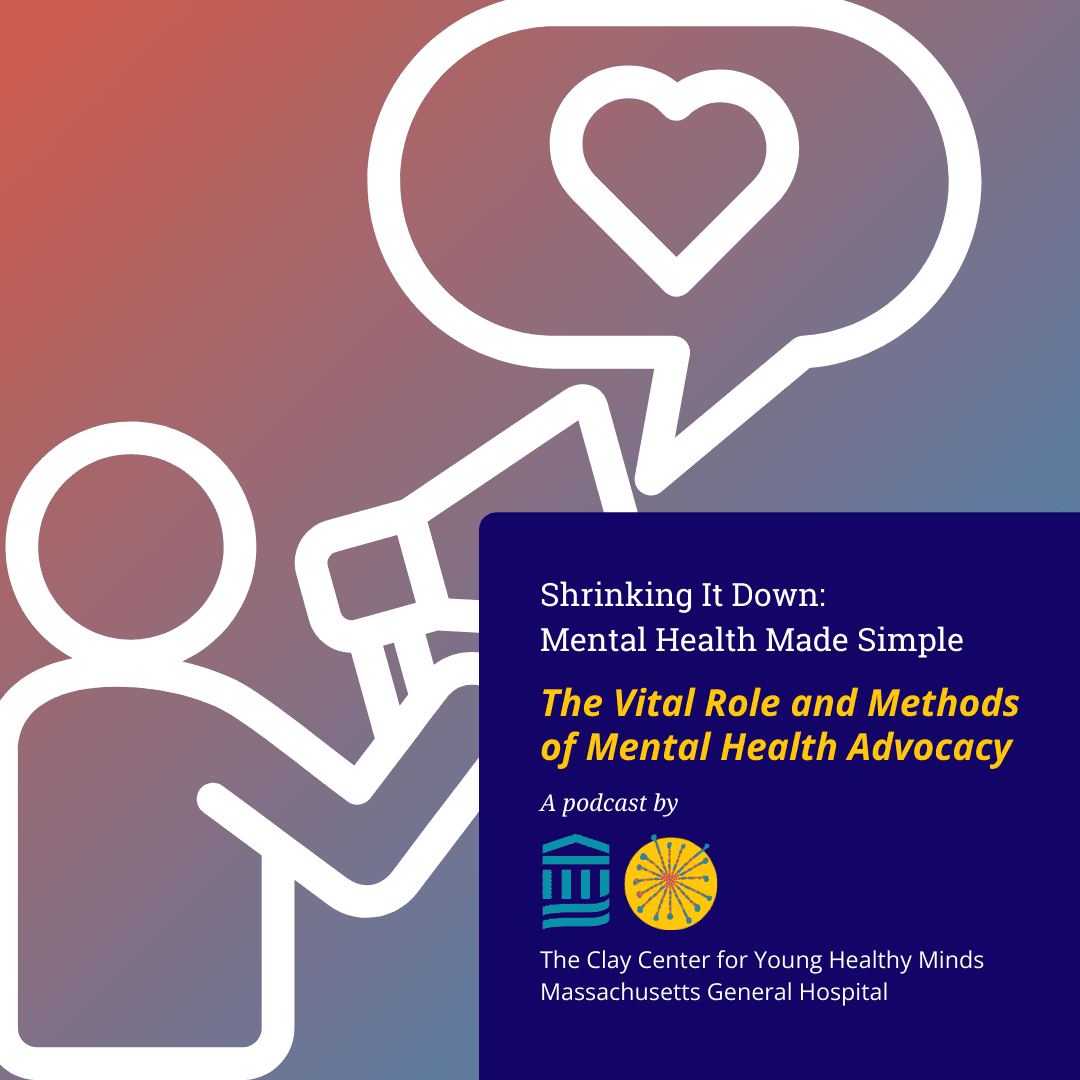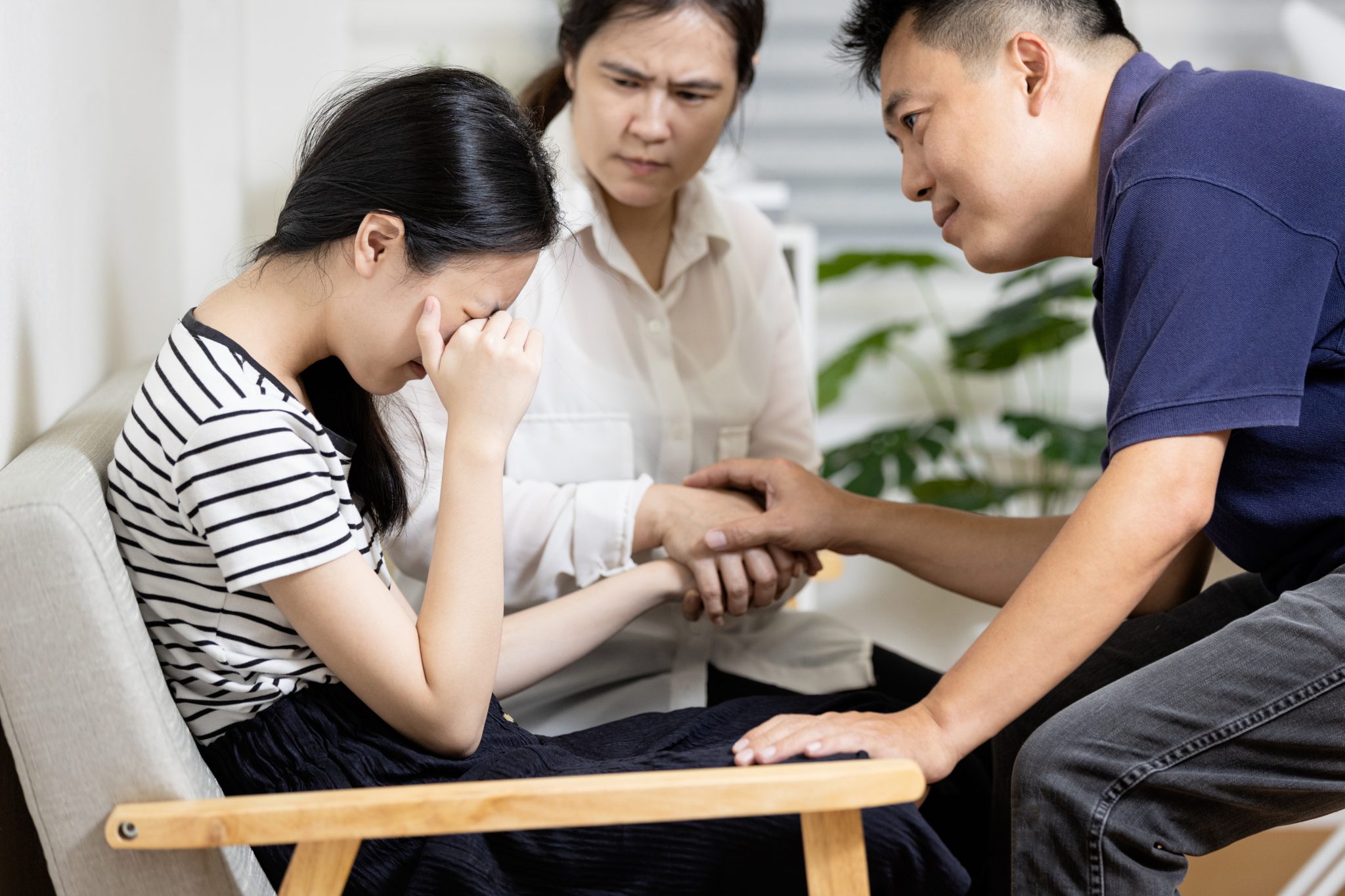The Youth Mental Health Epidemic: What Parents and Caregivers Can Do

Posted in: Parenting Concerns
Topics: Child + Adolescent Development, Hot Topics
In April 2024, I wrote an editorial in Academic Psychiatry with my colleagues indicating that the leadership of our field had fallen short in satisfying our moral, ethical and professional standards to promote efforts to address the mental health epidemic among our youth. This was prompted by the skyrocketing rates of depression, anxiety, stress, loneliness and suicide that had been increasing pre-COVID and is well documented by the Advisory by the Surgeon General and national organizations invested in the wellbeing of young people.
While our call for action was directed to psychiatric and pediatric leadership on the professional level and urged ways to address our workforce shortage by efforts to increase media training among medical and allied health professionals, to supervise more extensive peer supervision, to produce evidence-based social emotional learning curricula in our schools and community centers, and to craft more online modules for parent training, it did not consider what we as parents, grandparents, and caregivers (teachers, coaches, community leaders and others) could do to help.
In this blog, let’s look at what we can do at home and in our community to prevent or intervene early to chip away at this horrifying situation.
Tips for Parents and Caregivers:
1. Know the “Three Ws:” What to Look for, When to Worry, and What to do:
For kids of all ages when parents and caregivers know the signs and symptoms of mental illness, to be able to discern what is a phase, and what is more serious, and when to seek professional help, your conversations with primary care pediatrician (PCPs) and allied mental health professionals are far more nuanced, sophisticated, and effective. Prevention and early intervention are crucial in helping young people fend off impending psychiatric disorders or diminish the severity of virtually all conditions.
2. Take Mental Health and Illness Out of the Closet:
Parents and all caregivers should have frequent conversations with kids, teens, and young adults. This should ideally start with preschoolers. It’s well established that 50% of psychiatric disorders begin before age 14 and 75% before age 24. Talking about thoughts, feelings, emotions, behavior, relationships, and loneliness is very important as it sets the stage for destigmatizing mental illness, and fosters a culture of reflection, trust and open conversation. We just don’t know what is going on and cannot help our kids unless they feel safe enough to talk. And encourage talking with older siblings, grandparents, teachers, coaches, mentors, or parents of friends. Sometimes it’s easier for them to open conversation with others besides parents.
3. Support Social Emotional Learning (SEL) in your Schools:
Let’s face it. We have all been too focused on standardized academic achievement such as test scores in state examinations and advanced courses in our school curricula. However, success in the real world and in the workplace is not a function of academic achievement and our young (and older people) make it or break it based on relationships or social and emotional skills, not knowledge or expertise. Further, SEL, such as demonstrated by the Collaborative for Academic Social and Emotional Learning (CASEL) has shown that SEL improves academic as well as social functioning.
4. Foster Building Resilience:
Kids are not born resilient. It is a skill that develops first by secure attachment to parents and caregivers – the outcome instilling trust in others; a positive and coherent sense of self; the ability to enjoy being alone (a far cry from loneliness); the value of apology and correcting misunderstanding should they occur (taking responsibility for ones mistakes); and developing a coherent internal narrative about one’s self, connecting past, present and future.
With this as a foundation, our kids can learn to become resilient through two essential components – engagement with others and awareness. They engage with relatives, peers, teachers, coaches, spiritual leaders and more. And they become aware of their emotions and behavior in themselves and how they affect others, as well as understanding the impact of others on themselves and those around them. This combination of engagement plus awareness fosters resilience – a double-edged sword that on the hand prevents adversity, and in the face of trouble affords them coping skills to manage hard times.
The bottom line: resilience prevents mental illness and is something we can promote in our kids throughout their life.
5. Become an Advocate for Mental Health and Encourage Your Children to Become Advocates:
While we don’t know the definitive causes of the progressive escalation of mental illness in our youth, we know it began long before COVID. As parents and caregivers, we can work to alter its course. This would include petitioning our educational, community, and legislative leaders to develop and implement peer supervision programs such as Students Against Destructive Decisions (SADD) and Active Minds in our schools along with mandating SEL curricula and an increase in on-site counselors. This should include helping our kids learn to recognize mental unrest and distress and to seek help early. It also would include establishing zero tolerance for bullying, especially cyberbullying. Most of this comes from peers rather than strangers. Trauma is a major contributor to mental illness.
In addition, we need to advocate for decreasing the over-scheduling of our young people who simply do not have time to simply hang out, socialize, and take a break from external demands. And all this will give them a chance to process their experience and decrease stress. This will take efforts in our local PTAs and other community forums.
We need to foster media literacy and the containment of social and digital media, encouraging face-to-face time at home, with friends and when our kids are alone. There are clearly dangers as well as benefits from use (and misuse) of social media. And we need to become good role models. After all we are all digital hostages, and many parents and caregivers do not extract ourselves from the digital world!
All of us should practice and to advocate self-care for parents as well as our kids. It’s well known that paying attention to healthy nutrition, exercise, good sleep hygiene, yoga, meditation, and use of creative arts (alone and with others) have awesome preventative and healing powers.
Finally, our young people are significantly affected by global social-environmental events: war, mass shootings, sexual assault, social disparities endured by people of color, immigrants, LGBTQ+ folks, economic insecurity, and climate change. There is substantial social, emotional and health promotion if our kids play a civilized, non-violent role as activists.
There is so much we can do in our own way. We certainly can’t do it all. Let’s each of us consider how we can contribute to the wellbeing of our young people. Every small action makes a difference.

 Share
Share Tweet
Tweet






